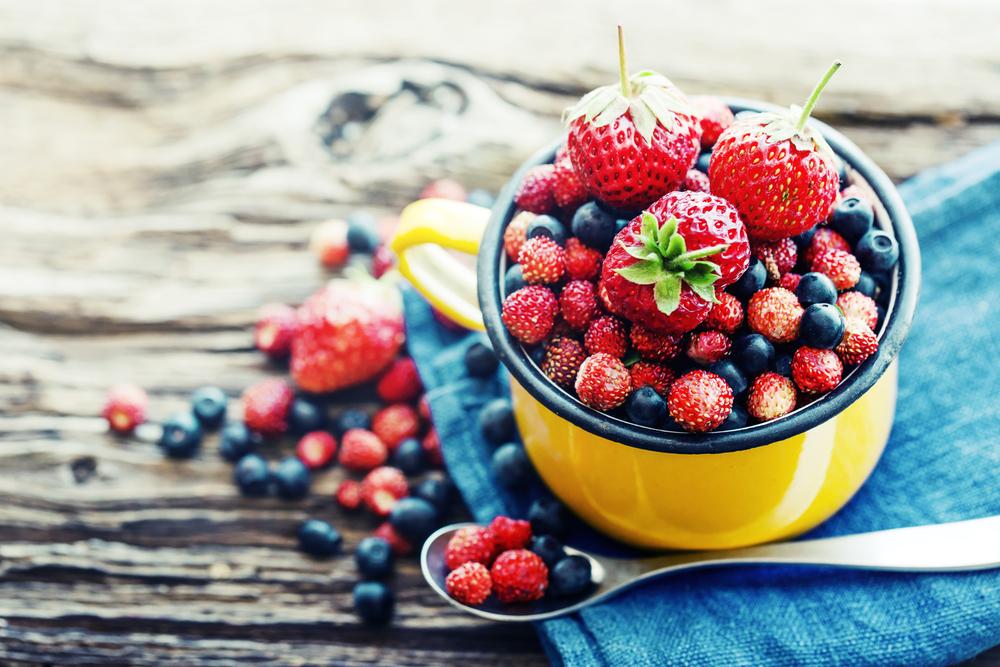6 Best Foods To Eat During Menopause
6 Best Foods To Eat During Menopause
If you’re going through menopause, you definitely know that this natural transition comes along with a lot of uncomfortable symptoms. What’s more concerning is that the drop in estrogen levels can make you more vulnerable to certain types of health conditions. When you are experiencing menopause, it is essential that you pay special attention to your diet. Consuming certain types of foods on a regular basis can help relieve some unpleasant symptoms of menopause. Let’s take a look at them.
Dairy items
Low estrogen levels in your body can increase the risk of fractures.

Fruits and vegetables
Packed with vitamins, minerals, and antioxidants, fruits and vegetables help tame any distressing symptoms.
Protein
Low estrogen levels also contribute to loss in muscle mass. You should make it a point to eat more protein if you want to stay strong! Apart from dairy products, your diet should mainly encompass eggs, fish, turkey, and chicken. If you prefer plant-based proteins, then lentils, tofu, edamame, almonds, quinoa, chickpeas, baked beans, nuts and seeds, chia seeds, oats, seitan, spirulina, and amaranth should ideally be a part of your daily diet.
Omega-3 fatty acids
Omega-3 fatty acids are extremely healthy and are commonly found in fatty fish such as salmon, tuna, herring, anchovies, and mackerel. Chia seeds, flax seeds, and hemp seeds are also rich in this nutrient. Your body needs these acids if you want to have fewer hot flashes every day. A few studies concluded that omega-3 acids can help decrease depression too. These highly beneficial acids also control triglycerides that increase the risk of heart diseases. Likewise, they can help protect against dementia and inflammation, and improve bone health, skin, and sleep quality.
Whole grains
Whole grains are loaded with nutrients including B vitamins and fiber that can lower the risk of heart disorders and diabetes. Additionally, they help enhance digestive health and energy levels, and reduce stress. Your diet should include whole grains like quinoa, whole-wheat bread, barley, brown rice, rye, and Khorasan wheat.
Phytoestrogen-rich foods
These compounds mimic weak estrogens like estradiol in the body. Having foods that are rich in phytoestrogens can mitigate bothersome menopausal symptoms like hot flashes and prevent osteoporosis by maintaining normal bone density. You can consume peanuts, flax seeds, coffee, broccoli, carrots, soybeans, chickpeas, plums, and berries as all of these have phytoestrogen.
With all the discomforting symptoms that menopause brings with it, vaginal dryness and dry skin are topical issues that shouldn’t be ignored either. Hydrating your body during menopause is the best way to keep these problems at bay. Drinking water could also help with stomach bloating that normally occurs during this time. Keep yourself active by doing your favorite exercise. This will not only help you maintain healthy body weight but also boost your mental health. Cardio, strength training, yoga and meditation, dancing, or even simple walks or stretching every day can make your journey through menopause a lot better!

